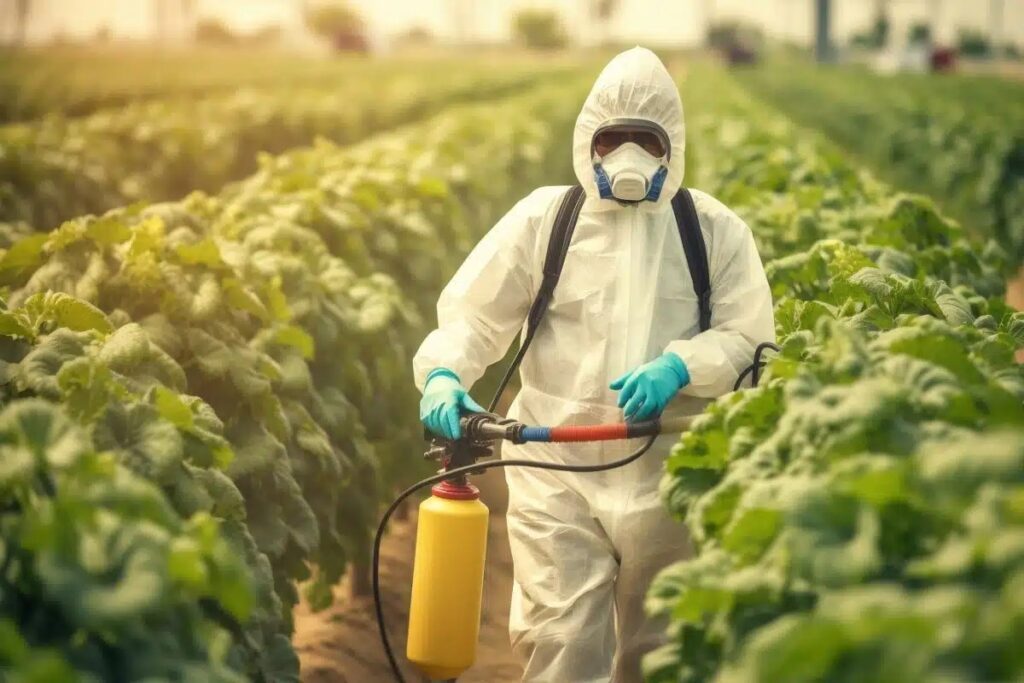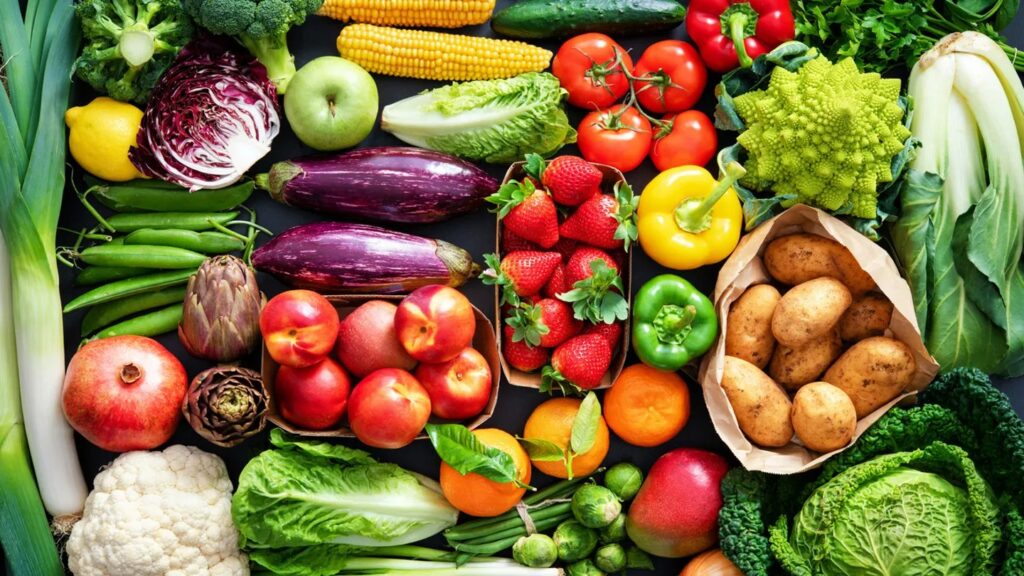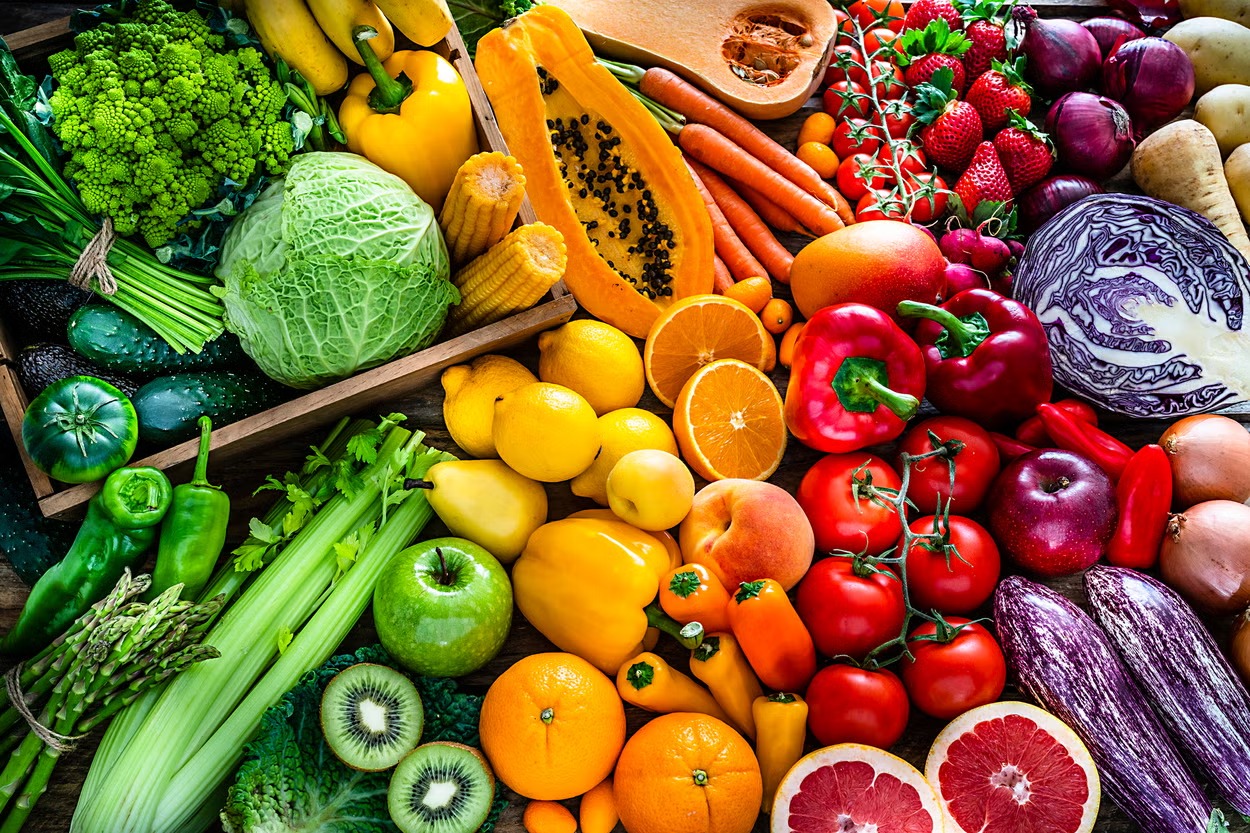United States – About 20% of fresh, frozen, and canned fruit and vegetables that American consumers eat possess risks of excessive pesticides, a new study reveals.
Consumer Report Uncovers Pesticide
According to a consumer report, scientists found pesticides used in popular choices like strawberries, green beans, bell peppers, blueberries, and potatoes to be dangerous, as reported by HealthDay.
“One food in particular, green beans, had residues of a pesticide that hasn’t been allowed to be used on the vegetable in the US for over a decade,” the report authors said in a news release. “And imported produce, especially some from Mexico, was particularly likely to carry risky levels of pesticide residues.”
Import Produce Poses Higher Risk
How likely? Among the most polluted samples of produce, 65% were imports, with 52 of those 100 being Mexican products, the report noted.
A large proportion of contaminated produce came in frozen strawberry type, mostly that is according to the report.

Why? The fact that strawberries grow near the ground and are close to insects explains why, according to a CNN article, they commonly hold the top spot among foods heavily sprayed with insecticides.
During the test, 99% of the tested green beans were found to contain acephate, an insecticide classified as a “possible human carcinogen,” according to the Environmental Protection Agency, and it was banned from being used on green beans in 2011.
The Food Industry Association responded to the report by saying that “all of the pesticides are subject to an in-depth review carried out by the US Environmental Protection Agency [EPA] to verify that they are safe for human consumption and to set the maximum residue limit (or tolerance level) for the food.”
Also, the US Food and Drug Administration regulates and enforces EPA’s pesticide tolerances in food, which applies to foods imported into the US by Hilary Thesmar, general science officer and chief senior vice president of food and product safety, told CNN.
Health Concerns and Regulatory Oversight
Studies have indicated that pesticides may be a factor in premature births and the growth of neural tube defects. Excess numbers of pesticides have been known to cause heart disease, cancer, and others.

Critics claim that the EPA’s inaction is a major reason pesticides are still found on produce. According to the CNN report, more evidence continues to show that even low levels might be dangerous.
“The EPA could certainly be doing a better job of setting more accurate safe limits based on the latest science,” Alexis Temkin, senior toxicologist at the Environmental Working Group, told CNN. “Some of these pesticides require immediate, swift action by the EPA to consider these potential health risks more strongly.”
The report did not always state that the news was good, as it came from a seven-year USDA (US Department of Agriculture) testing data study on 59 common fruits and vegetables.
The pesticide levels are mainly unimportant as far as two-thirds of the food items in the review are concerned, which applies to nearly all the organic ones, reveals Consumer Reports.
What can the buyers do to minimize their risk of experiencing pesticide exposure?
Recommendations for Consumers
Washing fruits and vegetables also reduces pesticide residues, which may be as low as 98%. However, as the National Pesticide Information Center states, “no method of washing produce is 100% effective for removing all pesticide residues.”
Let’s begin by cleaning our hands and washing and scrubbing the produce in running water instead of soaking it, which will provide the proper conditions for rinsing away most pesticide residues, as reported by HealthDay.
It is not recommended to avoid soap, detergent, or a produce wash, as the FDA has not proved them to be more efficient, says the FDA. Wipe the produce with a clean towel or paper handkerchief.
There is another level of treatment you can get, which is to switch to organic produce whenever you can, according to the Consumer Reports.











Leave a Reply